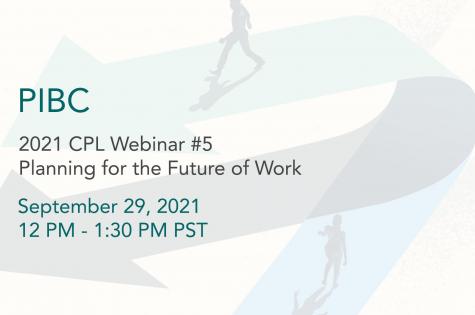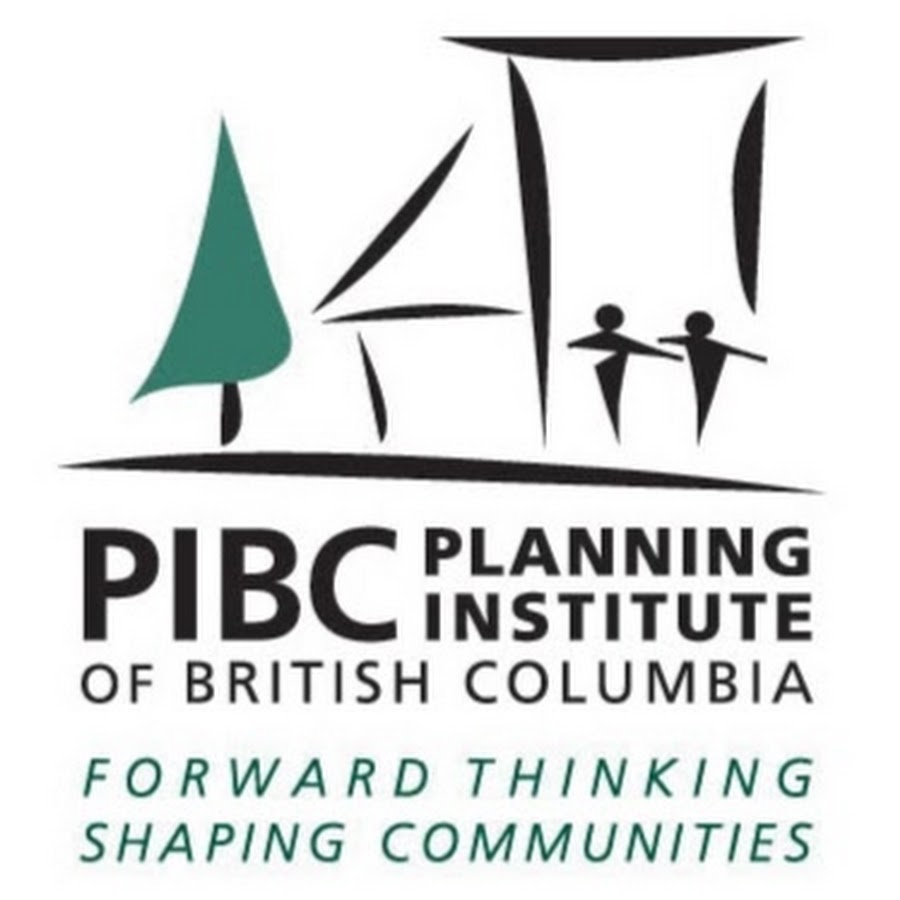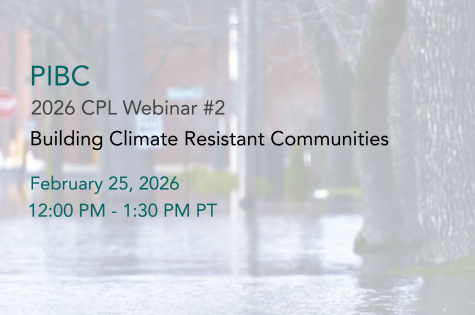This live webinar event is SOLD OUT.
To purchase webinar recordings, please contact office@pibc.bc.ca noting the webinar year and number (for example, year 2021, webinar #5) and if you are purchasing for a Single or Group rate. An eligible current member name is required for member rates. Click here for details on webinar recordings and costs.
- - -
The pandemic swiftly increased our reliance on remote work and e-commerce impacting both urban and suburban landscapes, and small towns. Some would say that this changing nature of work caught planners off-guard, while others insist that these trends were already occurring and our collective response to COVID-19 merely accelerated them. Through local Metro Vancouver region examples and case studies that can be applied provincially, this webinar examines the future of employment and its impact on transportation, industrial lands, core office demand, key institutions, and the emerging new role of downtowns. Key questions include:
- What were the initial impacts of COVID-19 on employment trends and the longer-term implication on employment land planning?
- What regional policies are being worked on to better protect and densify industrial lands for current and future employment and economic demands?
- What are the emerging needs as traditional employment concentrations give way to ‘working from home' and what does this mean in terms of social equity + community vibrancy;
- How is TransLink planning for recovery and dealing with uncertainty as they adapt organizational policies to successfully transition to a post-pandemic reality?
- What are key organizations already doing to boost resilience and anticipate the future needs of the communities they support?
Our Speakers
Adam Mattison RPP, MCIP
Consultant, Hemson Consulting Ltd.
Adam will present an overview of the initial impacts of COVID-19 on employment trends and an understanding of the longer-term implication on employment land planning.
Eric Aderneck RPP, MCIP
Senior Planner, Metro Vancouver
Metro Vancouver is currently in the process of updating the regional growth strategy, which will be called Metro 2050. A key element of this updated strategy relates to protecting and intensifying the use of industrial lands including through multi-level industrial development forms and directing more office-type employment to the region’s urban centres. Eric will discuss the evolving definitions of industrial uses and the enhanced regional policies that are being worked on to better protect and densify industrial lands for current and future employment and economic demands.
Gloria Venczel RPP, MCIP
Principal / Urban Design + Economic Vibrancy, Vibrant Places Inc.
Gloria will identify the emerging needs as traditional employment concentrations give way to ‘working from home’, demonstrating the potential of “neighbourhood hubs” in addressing related needs and constraints through public, outdoor spaces and what this means in terms of social equity and community vibrancy. The process and strategy with the West Broadway BIA is transferable to any community.
Peter Lipscombe RPP, MCIP
Senior Transportation Planner, Strategic Planning & Policy, TransLink
Peter is currently working on the Metro Vancouver Region’s next 30-year regional transportation strategy - Transport 2050 – that is anticipated to be adopted in 2021. Peter will discuss Transport 2050’s focus on equity and resilience in the face of changing transportation patterns, as well as trends and forecasts for transportation in the region.
Mark Jefferson M.Ed
Director of People and Organizational Development, TransLink
Mark provides leadership for the over-arching Leadership and Organization strategy for the TransLink Enterprise, while leading the development of divisional goals, objectives, strategies, plans, policies, and associated budgets. Mark will share the approach that TransLink has been undertaking on addressing the future of work from a corporate/HR perspective.
Register Here Now!







